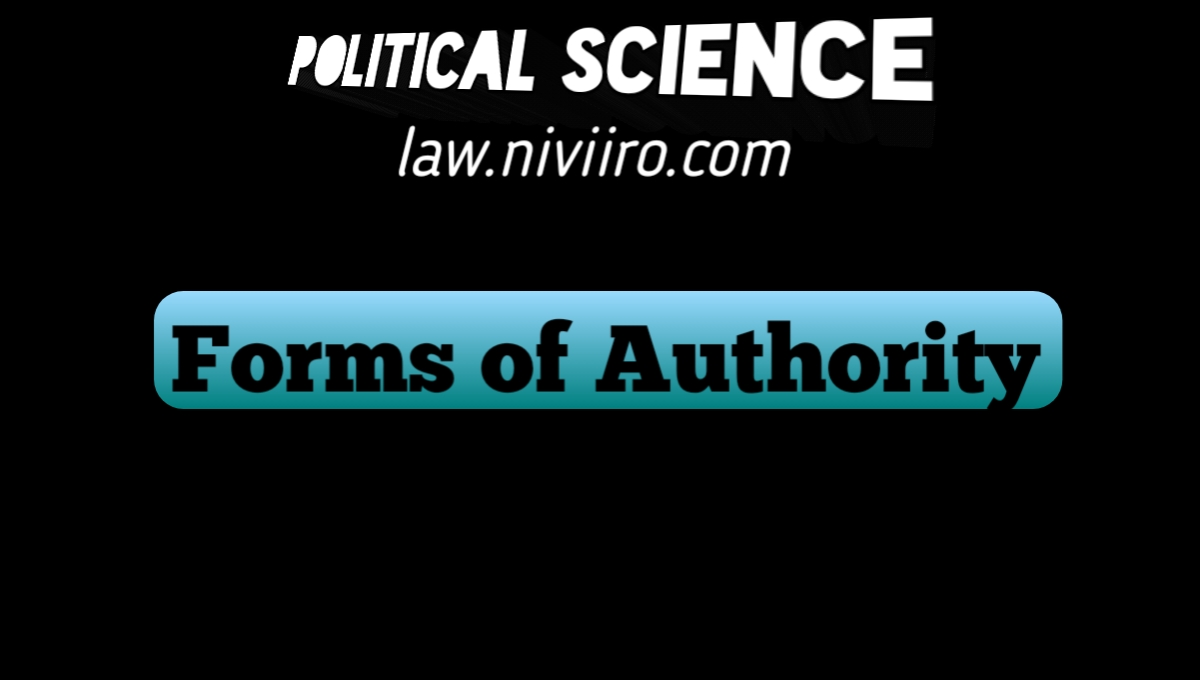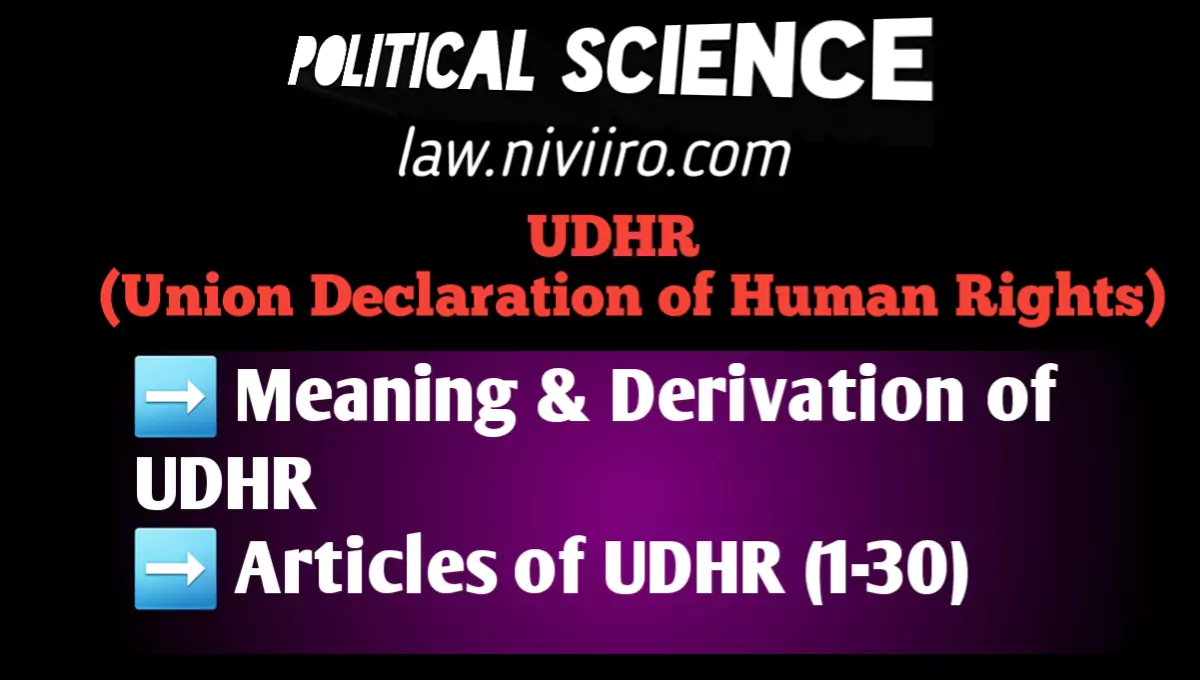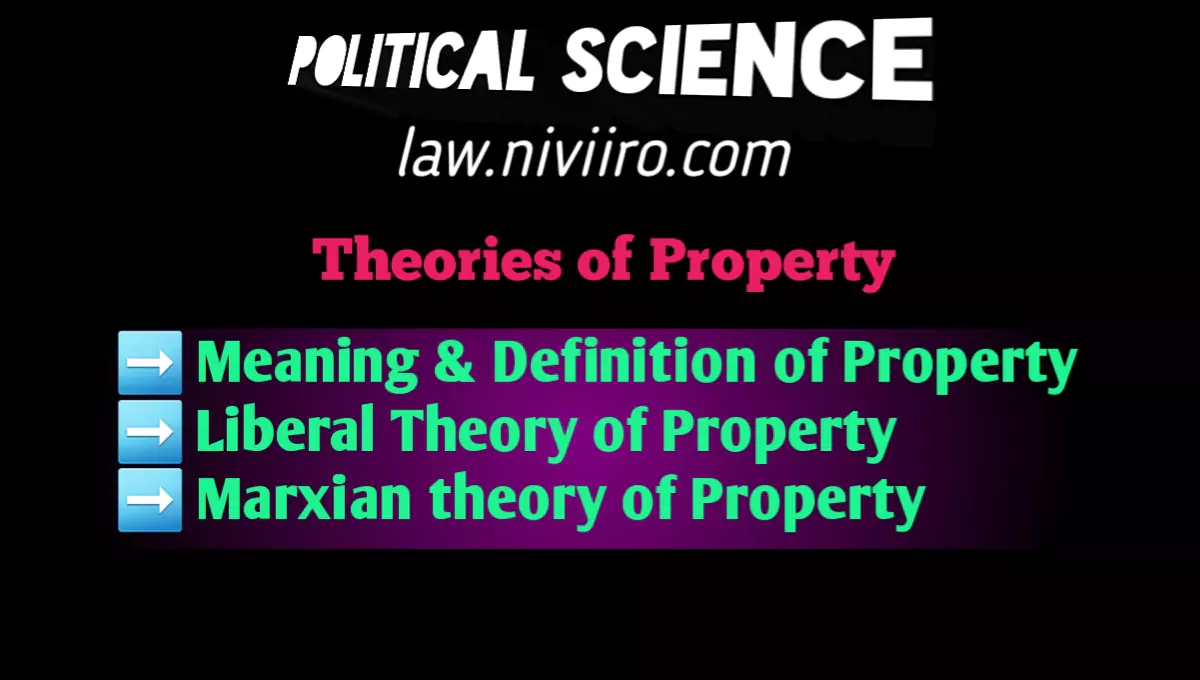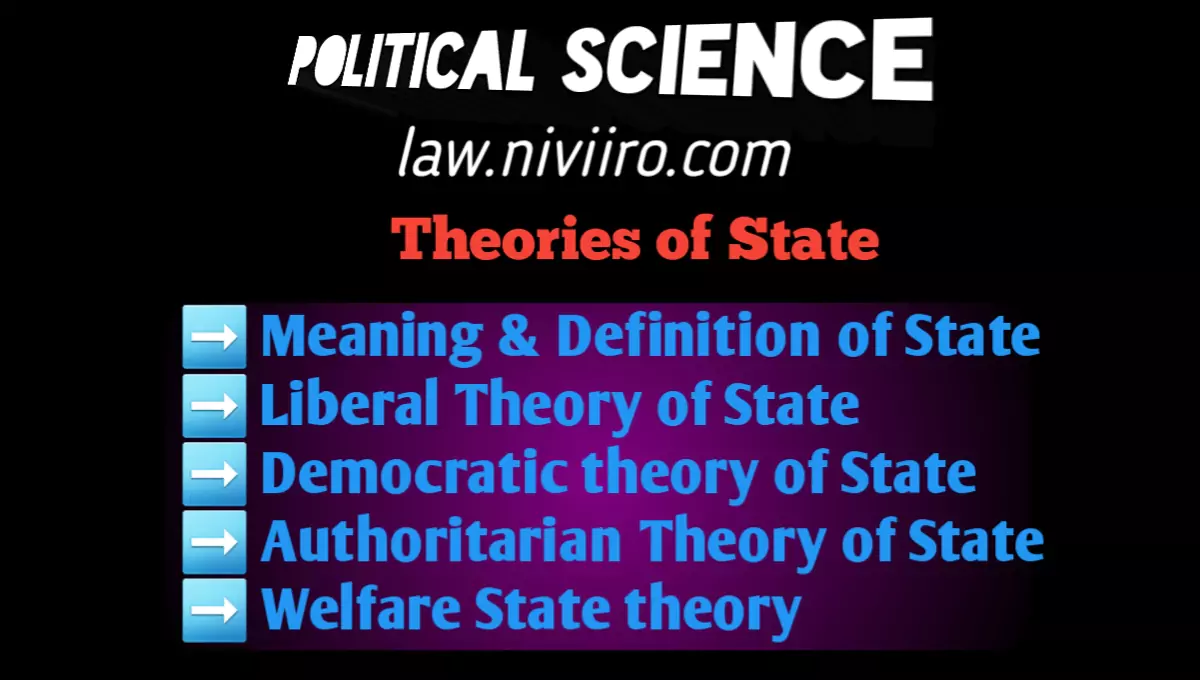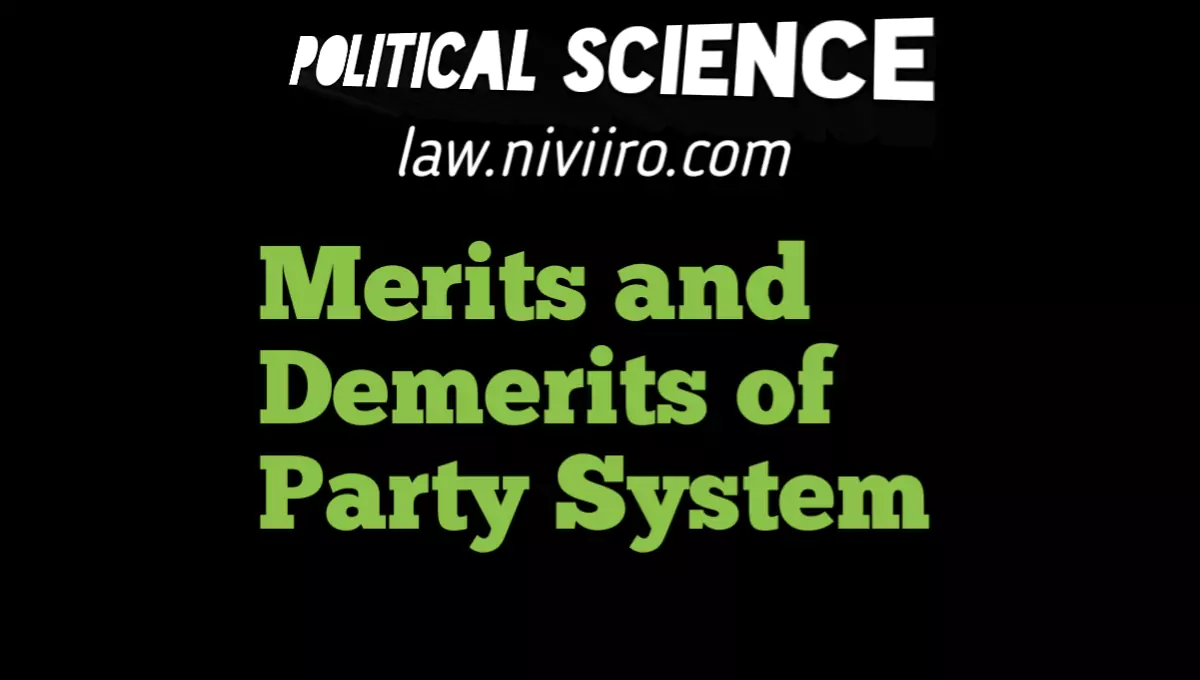Max Weber (1864-1920) believed that the exercise of authority was a universal phenomenon that characterised social relationships. He raised the question as to how a person exercises power over others. According him the exercise of power becomes acceptable if it is justified or legitimised, in some way. Legitimation leads to some types of domination.
He laid down three types of domination
(i) Traditional Authority,
(ii) Charismatic Authority,
(iii) Legal Authority.
Traditional Authority
Traditional Authority, according to Weber, rests on “an established belief in the sanctity of immemorial traditions and in the legitimacy of the status of those exercising authority under them.” In such a society, the leader has authority because of the status he has inherited, and the extent of his authority is determined by custom. The ruler is obeyed because tradition requires it.
Thus, the two features of traditional authority are conformance with customs and personal arbitrariness. Subordinates are viewed as personal servants under this system. They owe a traditional loyalty to the leader, as in feudalism and the monarchical system, in which the subordinates serve the king as the embodiment of symbols and traditions.
Charismatic Authority
Charismatic authority is based on the leader’s personal qualities, which distinguish him from ordinary men, and is treated as endowed with supernatural, superhuman, or at least specifically exceptional powers or qualities. Among those who hold charisma are a prophet, a messiah, or a political leader. In this system, charisma and its acceptance serve as the foundation for legitimacy.
The followers obey the leader because they trust in his extraordinary qualities rather than the prescribed norms or the dignity of a position, for example, Mahatma Gandhi was the charismatic leader during India’s national movement. Shri Jawahar Lal Nehru and Mrs. Indra Gandhi wielded enormous charismatic power. Subordinates are viewed as disciples and followers under this system.
Legal Authority
The third form of authority system is legal rational authority, which requires obedience to a legally defined impersonal order. It is lawful because authority is exercised through the application of a set of rules and procedures. Subordinates accept a rule or command under this style of power because it is in accordance with some higher universal ideal that they perceive as valid. Delegation is a sensible principle in modern administration.
Weber believed that as long as the ‘ruled’ accept them, all three levels of authority claim legitimacy. Weber valued the legal sort of authority over the other two due to its inherent rationalities.According to him legal rational authority system was the dominant institution of contemporary society.
Authority may appear is some other forms also, such as-
i) national and international; (ii) in relation to organs of government-executive legislative and judicial; (ii) constitutional or statutory; (iv) national regional or local; (v) political or administrative; (vi) single, plural corporate, commissionș or board forms; (vii) economic, social, religious technical etc; and (vii) formal or informal.
In addition to the forms of authorities mentioned above there are other forms of authority as well:
Constitutional Authority
Under this authority, the incumbent is authorised to use it by a provision in the constitution. In the event that power is violated or questioned, relevant parts of the constitution can be used in support.In India constitution has given vast powers to the President of India, though he cannot use his authority without the advise of his Council of Ministers.
Political Authority
This is an essential sort of authority since people who have it and employ it have political backing. They are political leaders who influence political decision-making processes. Those who wield political power also wield political authority. However, this form of power is not permanent. As a person’s political standing deteriorates, so does his authority.
Force-Based Authority
According to this idea, force is the foundation of authority. It indicates that authority exists as long as one possesses force, and when force is absent, authority ceases to exist. Such authority may be lawful or illegal, which means that it is not founded on any constitution or law, but rather on extraconstitutional or extralegal means. This kind of authority can be found in dictatorships or totalitarian nations.
Elite Authority
Elites in all spheres of life exist in every community. They have considerable power and control over values and resources. They have unique living characteristics that elevate them to the forefront of society. People trust their authority because of their knowledge and social standing.
Religious Authority
In this sort of authority, the bearer relies on religious practises and scriptures, among other things, to justify his possession and use of authority. His followers embrace his authority because they believe the person in question is correct and that refusing to accept authority is a religious offence. In the past, the king was seen as God’s Deputy on Earth, and it was considered a religious duty of all subjects to respect the king’s authority. The doctrine of Divine Rights of Kings arose in Europe on this foundation.
Ancestral Authority
This authority is associated with the past. It is simply obeyed because the predecessors’ authority was acknowledged and the current person is the successor of those whose directives were obeyed. This is especially true in traditional civilizations where ancestors are held in high regard. This also occurs with monarchies, where every monarch on the throne is obeyed due to ancestral ties.
Related Post
What are the Forms of Authority ?
three types of domination
(i) Traditional Authority,
(ii) Charismatic Authority,
(iii) Legal Authority.
What do you mean by Traditional Authority ?
Traditional Authority, according to Weber, rests on “an established belief in the sanctity of immemorial traditions and in the legitimacy of the status of those exercising authority under them.”
Charismatic Authority means ?
Charismatic authority is based on the leader’s personal qualities, which distinguish him from ordinary men, and is treated as endowed with supernatural, superhuman, or at least specifically exceptional powers or qualities.
Meaning of Legal Authority ?
The third form of authority system is legal rational authority, which requires obedience to a legally defined impersonal order.
What do you mean by Constitutional Authority ?
Under this authority, the incumbent is authorised to use it by a provision in the constitution. In the event that power is violated or questioned, relevant parts of the constitution can be used in support.
References
- M.P. Jain, Political Theory liberal and Marxiam
- J.C. Johari, Political Science
- Prof. H.C. Verma, Modern Political Theory
- Foundations of Political Science, Dr. Sunita Gangwal
- Prof. S.L. Verma, Modern Political Theory
- R.C. Agarwal, Political Theory
- V.D. Mahajan, Political Theory













